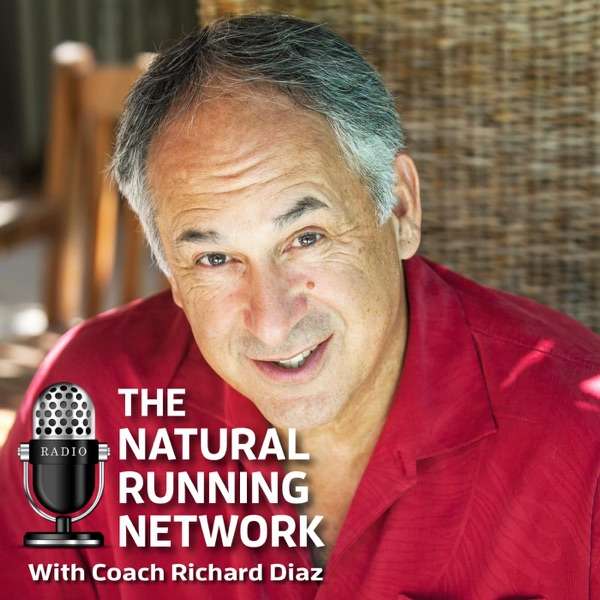I tackle four different listener questions today. If you would like to ask a question or have a topic you would like me to expand on please hit the orange tab on the side and leave a voicemail. You just might end up in one of my future podcasts. Fun facts about today's listener questions include two come from France, two of the listeners have the same name, and one is 12 years old. The first thing I talk about is whether it's possible to delete a bad habit. I talk about how layers of training apply, understanding the horses nature, and how important it is to understand why a horse is doing something.
Then we move on to a question about whether it's a good idea to keep a needy fearful mare. I share the questions that this listener really needs to ask herself to find the answer that suits her lifestyle. Then we move on to hobble training. I talk about the pros, cons, safety, and alternatives. The last question is from a young listener who just wants tips and advice on riding bareback. I share my childhood experience and then my more advanced experience with riding Can Can Lena. This episode closes out this season, and I'll be talking about tools on the next episode.
Show Notes:
[00:43] Sophie from France is trying to help a friend who has no control of her horse and falls off of the saddle regularly. She wants to know if it's possible to delete a bad habit that's in the horses mind.
[01:41] Adding layers to the horse's training applies here, but there are also a couple of other angles.
[01:52] What is in the horses nature? Not all horses tend to lean towards a certain behavior. A horse that bucks in the pasture would have more of a natural tendency to buck.
[03:03] The example I like to use often is a horse that will rear when you see it playing is a little easier to get that horse to rear when you're doing groundwork and liberty work because it kind of already has a habit of liking to do that.
[03:40] Does a horse buck because it's in his nature or is it because he's scared?
[03:51] A lot of horses will exhibit undesirable behavior because of fear. If a horse doesn't understand something, it may use an undesirable behavior as an escape route.
[04:31] If a horse is doing something out of fear, that leaves you more room for correcting it or adding layers on top of it.
[05:10] Living a life without fear is so much more enjoyable for the horse.
[05:32] You can also ask if this is Grandma's rules, but this typically means that the horse will behave one way with one person and in a different way with another person.
[09:11] The way you label the behavior will change how you behave with the horse.
[10:03] Recognize who the horse is at their core. Their core doesn't change.
[10:41] You might be able to train this horse and never see it again. It really comes down to the root cause.
[10:50] A listener adopted a very needy mare who is fearful and buddy sour. Her emotions are so high, the listener can't get the horse to respond to her. The listener is afraid the horses ground behavior will translate to the saddle, and she wants to trail ride the horse.
[11:42] Will the horse get over this with training? Should she send it back?
[12:16] This really comes down to the listener's personal situation. You need to get clear about what you want and if this horse fits with what you want.
[13:28] Does this look like a fun project for you?
[14:39] Are you interested in finding out why this horse thinks this way? Do you want to solve the puzzle of this horse who has high emotions?
[15:13] There are a lot of variables how things could turn out with this horse. Write down the way things could play out and see if most are negative or positive.
[17:07] There is a piece of the horse telling you about her nature. There's a lot we can do to modify their nature especially if the horse is lacking training.
[17:23] If your not excited about being the person who puts in hundreds of hours without knowing if it will work or not, then you won't have fun doing it.
[18:01] Think in the zone of the rider's mind and don't let there be any shame if it's not for you.
[19:25] Everything can improve with training. You need to decide how high a priority trail riding is.
[20:45] Clair from France has a question regarding hobble training. She's getting a new colt this fall and wants to hobble train him along with her 5 year old.
[21:24] Hobbling can be a good skill or a train wreck.
[22:02] Horses fight with hobbles, because they are scary.
[22:33] You can teach horses to lead from each leg. Teach a horse to give to pressure, then when you go to hobble training it's already done for you.
[24:17] If a horse gets tangled up in something, they will give to that pressure instead of fighting against it.
[26:07] Hobble trained horses don't struggle if they get tangled in something.
[26:50] It can also be a disaster if not prepared correctly.
[31:51] Ground tying a horse a teaching them the mental aspect of staying put is another option.
[32:06] Make sure the horse understands giving pressure to each leg.
[32:41] Consider why you want to do it and the nature of the horse. Make it a great experience.
[33:06] We have another question from a 12-year-old Claire in Texas. She rides bareback a lot and wants tips on balancing and bareback in general.
[33:26] I grew up riding bareback. I have slid down the horses neck and landed in front of her face when the horse has stopped to eat grass.
[34:22] In 2004, I started riding Can Can Lina bareback. She went back to start small in a short amount of time and build up.
[35:03] I would ride like normal and then cool her down by pulling the saddle off and riding bareback.
[36:47] Riding bareback feels different for the horse, and they might ask questions.
Links and Resources:
Episode 31: Listener Question: Untraining a Horse or Adding Layers?
Stacy Westfall 2003 NRHA Futurity Freestyle Bridleless Reining
Have you ever wondered what a live version of this podcast would be like?I'm hosting some live, online video calls that are like a live version of this podcast. I teach on a subject, answer questions and for those who are brave, I'll turn your video on live too and you can join me for a conversation!
If you want to learn more about this you can visit https://stacywestfall.com/live/ for more information!

 Our TOPPODCAST Picks
Our TOPPODCAST Picks  Stay Connected
Stay Connected







